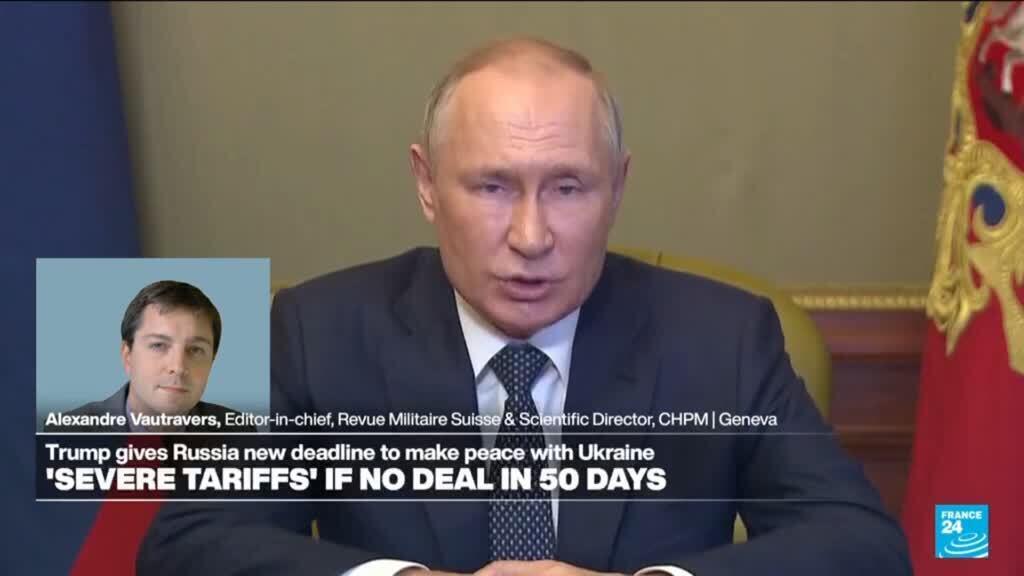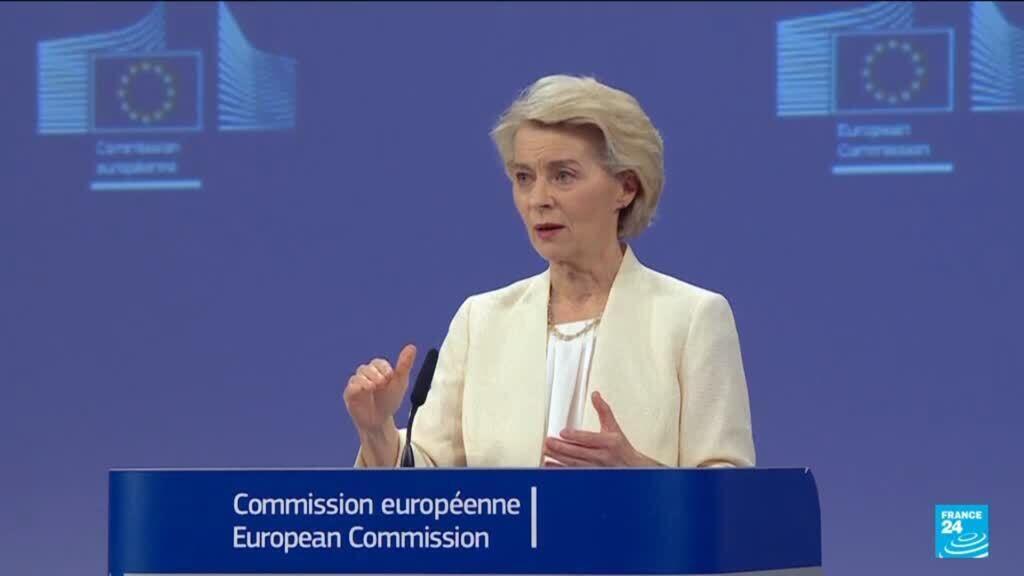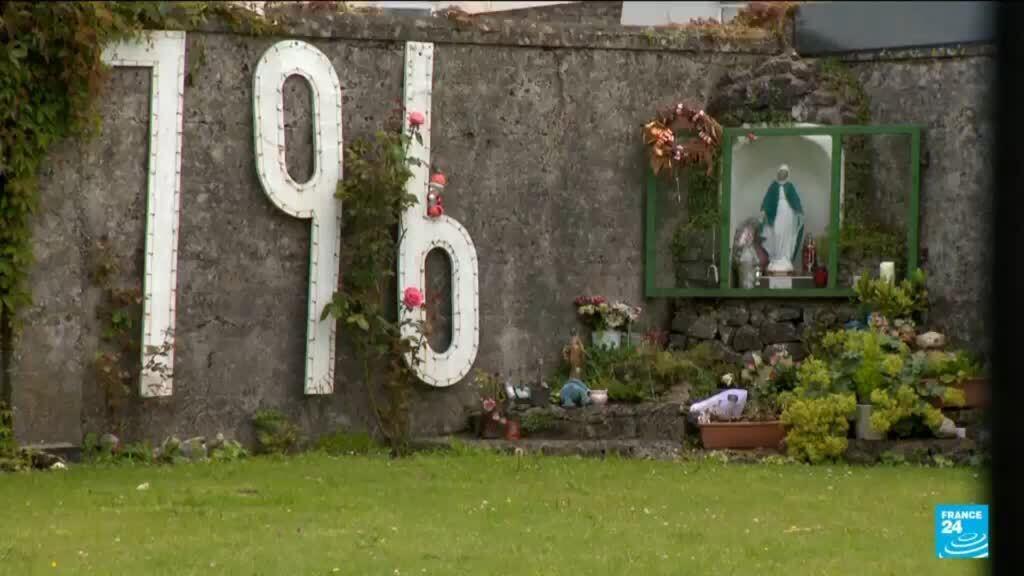EU Foreign Policy Chief Kaja Kallas Welcomes Tough U.S. Stance on Russia
On Monday, EU foreign policy chief Kaja Kallas expressed her support for U.S. President Donald Trump's recently adopted firmer approach towards Russia. This development comes amidst escalating tensions due to Russia's actions in Ukraine and its broader geopolitical behavior. Kallas noted that while the tougher stance is appreciated, the 50-day ultimatum for punishing Moscow is perceived as excessively long, indicating a need for quicker responses to Russian provocations.
In the wake of Russia's escalation in Ukraine, many European leaders are advocating for stricter measures against Moscow. Kallas’s remarks were made during a broader discussion regarding Europe's security and defense strategies, highlighting the urgency for collective action among NATO allies and EU member states to address the crisis in Ukraine.
France is also reacting to the changing geopolitical landscape, as French President Emmanuel Macron has announced a significant increase in the military budget. This increase aims to bolster France's defense capabilities in light of the ongoing conflict and the perceived threat from Russia. Editor in Chief of the Revue Militaire Suisse, Alexandre Vautravers, sheds light on this military budget increase and its implications within the broader context of European security.
Macron's announcement points towards a re-evaluation of France's military sustainability and readiness. The decision is indicative of a strategic shift that many European nations are undertaking to modernize their defense forces. Vautravers notes that this re-allocation of resources is critical in countering not only immediate military threats but also in ensuring long-term security in Europe.
The war in Ukraine has had profound implications not just regionally but globally, raising critical questions about the balance of power in Europe. The responses from EU leaders such as Kallas and Macron reflect a collective acknowledgment that the current security architecture needs recalibration to effectively counter new forms of aggression, particularly from Russia. Kallas’s comments underscore the desire for a unified and swift action plan to address the situation, which would necessitate undivided support from both the European Union and NATO allies.
While Kallas's endorsement of Trump’s stronger rhetoric on Russia is notable, her caution regarding the 50-day ultimatum reveals the complexities of international diplomacy where urgency can often be hampered by political processes and negotiations. European leaders are keenly aware that delays may embolden Russian actions and weaken the overall response from the West.
As the conflict continues to unfold, discussions around military budgets and strategic partnerships will inevitably shape the future of European defense. The implications of Macron's proposed military budget increase and Kallas's supportive yet cautious stance will likely resonate throughout the continent as nations recalibrate their defense priorities in light of the persistent threat posed by Russian aggression.












